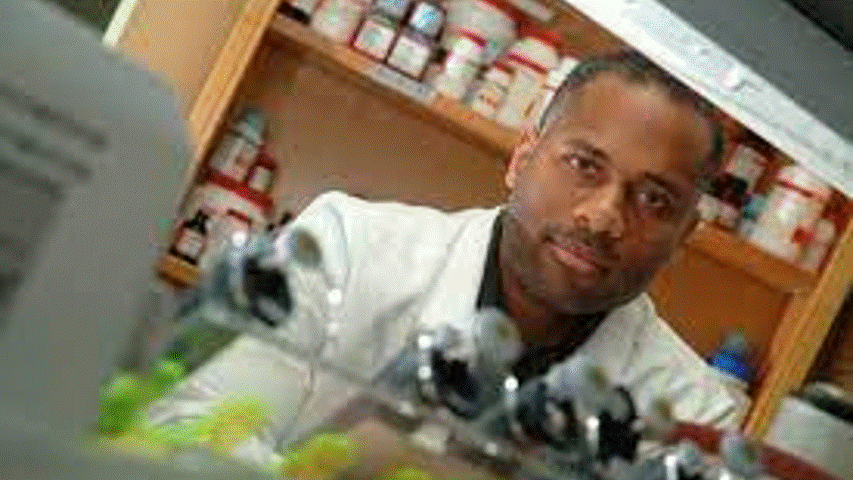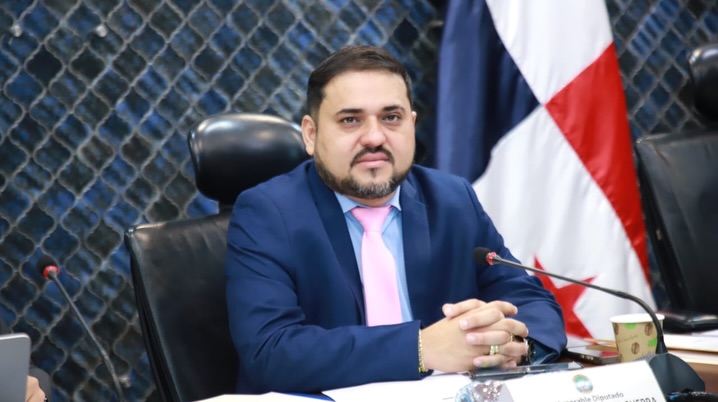Panamanian elected to American Society of Art and Science

Panamanian scientist Guillermo Antonio Ameer was elected as a member of c, one of the oldest and most prestigious honorary societies in that country.
Ameer is a professor of biomedical engineering at the McCormick School of Engineering, a professor of surgery at the Feinberg School of Medicine, and a director of the Center for Advanced Regenerative Engineering at Northwestern University.
Additionally, he is considered a leader in regenerative engineering, biomaterials, additive manufacturing for biomedical devices, and controlled drug delivery.
In fact, his lab has pioneered the development of tissue regeneration applications of citrate-based biomaterials, the core technology behind the innovative bioresorbable orthopedic tissue fixation devices recently approved by the Food and Drug Administration (FDA) and currently used in musculoskeletal surgeries.
Ameer created the first orthopedic medical device for use in knee and ankle surgeries, capable of regenerating tissue and disappearing from the body over time.
In addition, together with his work team, he also invented a regenerative bandage for wounds in diabetic patients in 2018, four times faster than the traditional one.
The Panamanian scientist is part of a group of eight Northwestern University professors elected to the American Society of Arts and Sciences.
This society selected at least 270 members this year from academia, the arts, industry, politics, research, and science.
The scientist Ameer studied at the Pan-American Institute (IPA) and lived in the village of Betania. He then traveled to the United States to continue his studies and entered the University of Texas at Austin, where he earned a bachelor’s degree in chemical engineering. He completed a Ph.D. in chemical and biomedical engineering at the Massachusetts Institute of Technology (MIT) in Cambridge.





